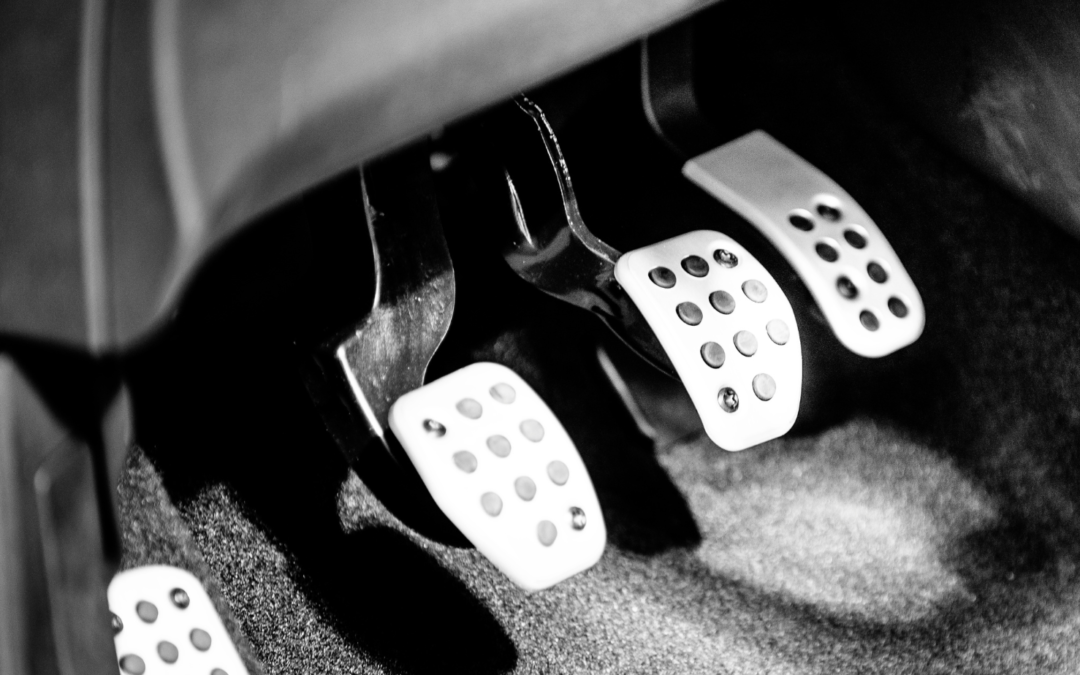HOW TO DECIDE WHEN A CLUTCH NEEDS REPAIR
HOW TO DECIDE WHEN A CLUTCH NEEDS REPAIR
Your clutch plays a crucial role in how well your automobile runs with manual transmissions. How can you tell if your clutch needs replacement? See here for our reliable manual.
There are many moving parts in your car. How can you tell if your car’s clutch needs repair? The clutch is a crucial component of keeping your car moving. Nobody loves to hear, “You need a transmission repair,” but keeping up with any required maintenance will keep your automobile in better condition for longer. Let’s examine your car’s clutch in more detail and learn how to recognize when a transmission or clutch repair may be necessary in the near future.
WHAT DOES YOUR CLUTCH DO EXACTLY?
In its most basic form, the clutch regulates when and how power is sent from the engine to the wheels. By disengaging the clutch when you push the clutch pedal, no power is delivered, allowing you to shift gears. The clutch engages when you release the clutch pedal and push the accelerator pedal once more, keeping the automobile in gear and allowing power to be sent to the wheels so that your car can accelerate.
LISTEN FOR THESE INDICATORS THAT YOUR CLUTCH IS RUNNING OUT
We can see how crucial it is to maintain a healthy clutch now that we have a basic understanding of how the clutch functions and how it affects how your car drives. What are some important indications that your clutch may be deteriorating? Here are some typical signs that it might be time to book a clutch repair with your neighborhood reliable mechanic.
THE SOFT Clutch Peddle
Your clutch pedal should feel rather firm when depressed if you operate a manual transmission, and you are probably extremely familiar with how it feels. But if you start noticing that your clutch pedal feels softer than usual, that means you have a clutch fluid issue. When air enters the system, the pressure might become erratic, resulting in a spongy brake pedal and some trouble correctly engaging and disengaging your clutch.
SLIPPERY CLUTCH
When you press the clutch pedal to change gears, a healthy clutch should disengage. When you release the clutch pedal, the clutch should reengage. This procedure might not go as it should if your clutch is sliding, and your engine might rev higher than usual as a result. Your car may struggle to stay in the proper gear if your clutch plate is worn, which will result in excessive engine revving and poor acceleration.
TROUBLE CHANGING TO REVERSE
In general, any trouble shifting gears raises concerns. Because reverse is a more challenging gear to shift into and needs a fair amount of clutch pressure, you should pay attention to how readily you can do so. As a result, it can be one of your clutch’s first components to wear down and malfunction.
SLIPPING CLUTCH
When you press the clutch pedal to change gears, a healthy clutch should disengage. When you release the clutch pedal, the clutch should reengage. This procedure might not go as it should if your clutch is sliding, and your engine might rev higher than usual as a result. Your car may struggle to stay in the proper gear if your clutch plate is worn, which will result in excessive engine revving and poor acceleration.
GRINDING OR BUMPING SOUNDS WHILE DEPRESSING THE CLUTCH PEDAL
Aside from any mechanically obvious problems you could experience, a worn clutch will also make a grinding noise when you press the clutch pedal. However, pay close attention since if the grinding noise isn’t constantly synchronized with your clutch pedal, it could also be a far more straightforward fix, such as worn bearings. No matter what, a consistent grinding noise indicates you should visit a mechanic to be sure you don’t need a bigger repair.
Intense Burning Odor
Depending on your driving style, you might be able to smell a burning scent when your clutch needs replacing. City and rush hour drivers who often alternate between engaging and disengaging their clutch are more likely to have this issue. A little timing error may result in increased wear and could start your clutch overheating.
Call High plains Transmission with any clutch repair needs or concerns 303-569-6191
Worried about your car’s clutch? Our expert mechanics at High Plains Transmission can accurately diagnose and repair any issue you’re having with your clutch, transmission, or any other essential part of your car. We understand the importance of keeping all systems operating well to extend the life of your car and save you money in the long run on repairs.
This Blog was written May 8th 2023

